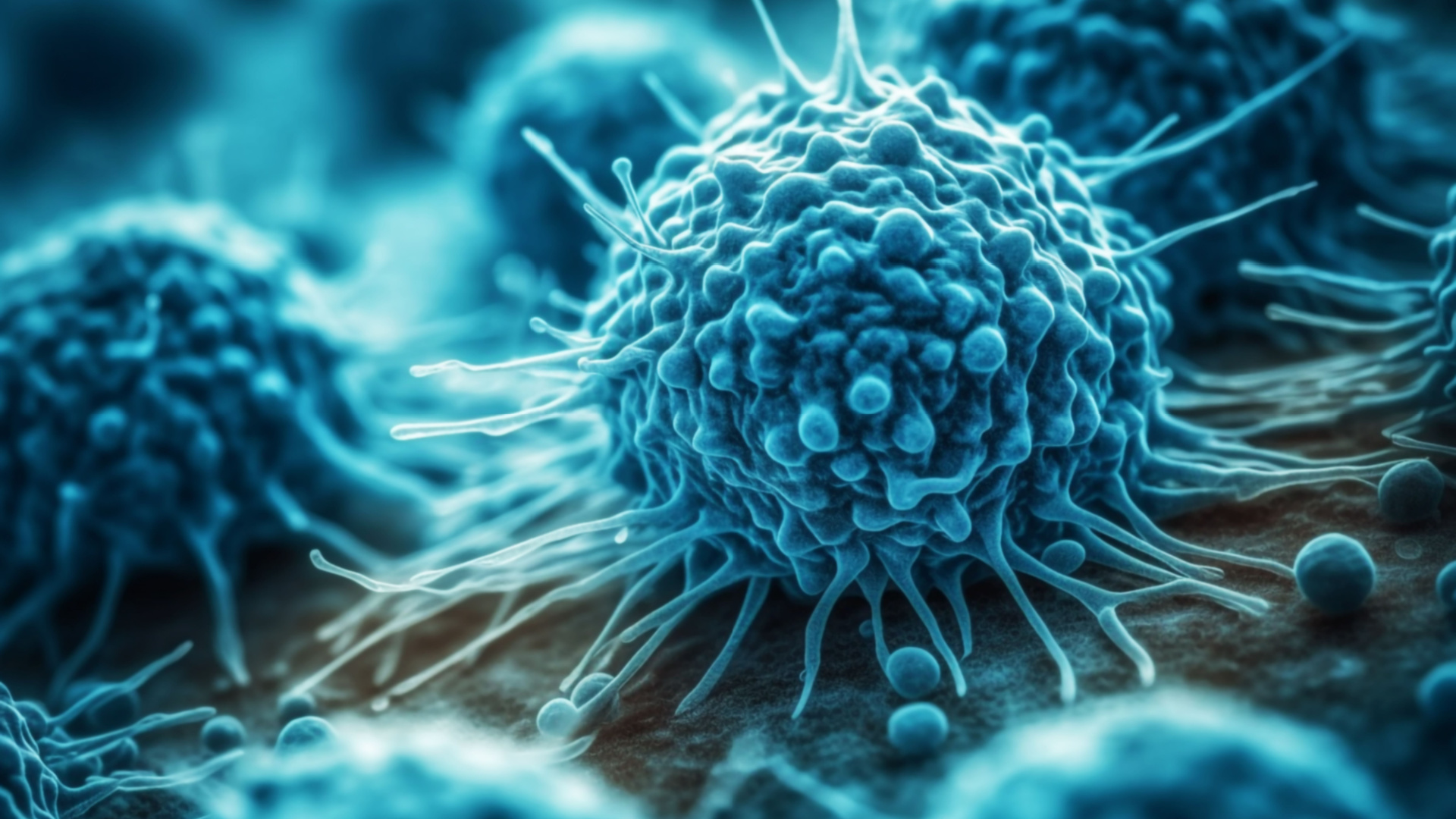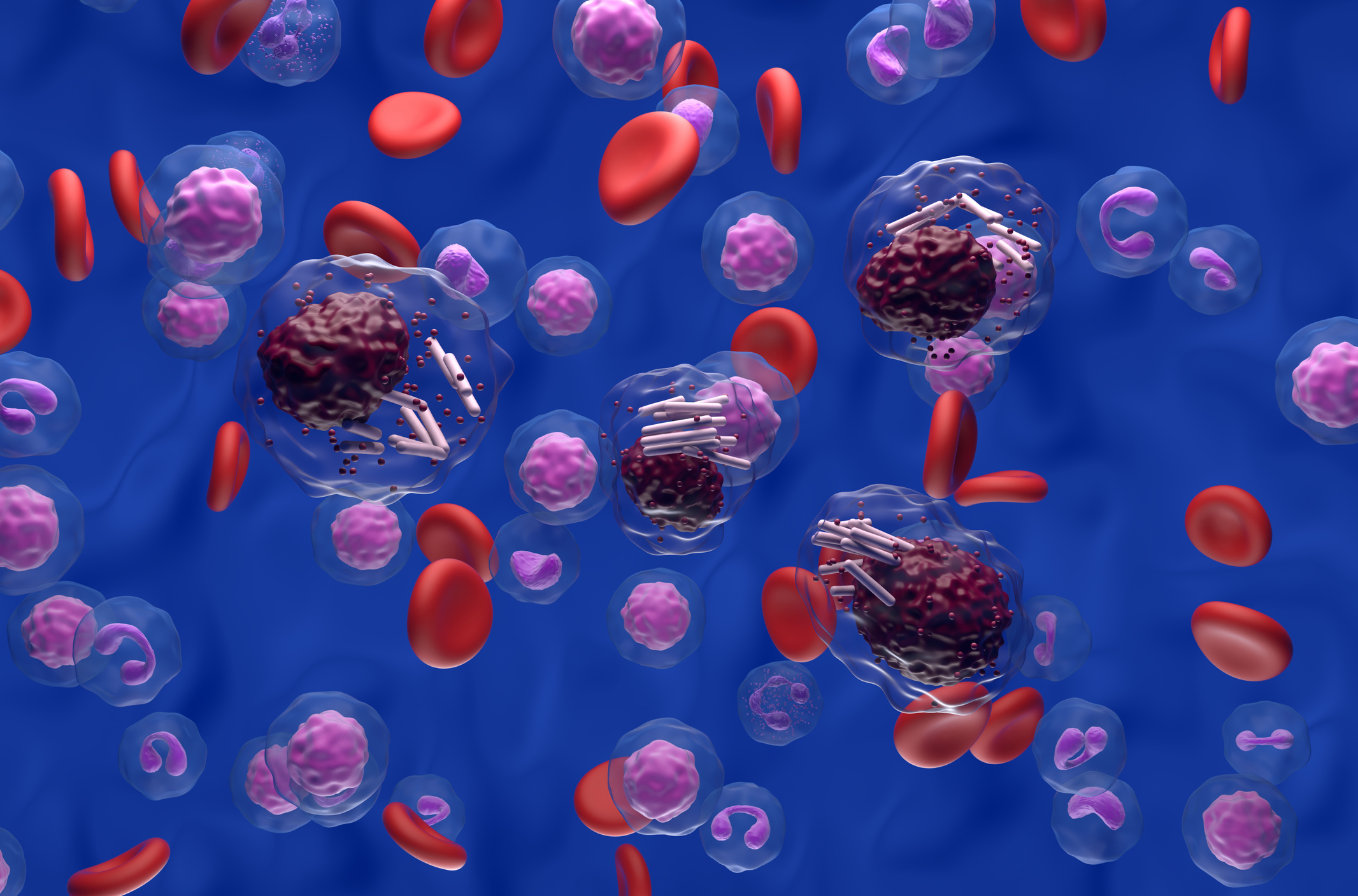
Higher counts of effector T-cells yielded recovered cytotoxic activity and more favorable responses to ibrutinib plus rituximab treatment in patients with chronic lymphocytic leukemia (CLL), according to an analysis of blood samples published in Blood.
Lead author of the study, Despoina Papazoglou, of King’s College London in the United Kingdom, added that the CD8-positive T-cell lytic synapse activity enhanced with ibrutinib and rituximab produced a favorable environment for adjuvant therapy with the bispecific antibody glofitamab, “supporting combination immunotherapy approaches.”
The researchers conducted longitudinal immunophenotypic and functional analysis of peripheral blood samples from participants in the phase III E1912 trial. Samples were taken prior to and at six-months and 12-months of treatment with either ibrutinib and rituximab or fludarabine, cyclophosphamide, and rituximab (FCR).
Ibrutinib with Rituximab Appears Superior to FCR in CLL
The study found the ibrutinib and rituximab patients had reduced overall T-cell counts; however, they had higher counts of T-cells including CD8-positive effector cell subsets at baseline and six months that the authors associated with zero infections and favorable progression-free survival (PFS).
Additionally, patients with CLL had “enhanced anti-CLL T cell killing function during ibrutinib-rituximab, including a switch from predominantly CD4[-positive] T-cell:CLL immune synapses at baseline to increased CD8[-positive] lytic synapses on-therapy.”
Comparatively, patients in the FCR group had higher T-cell numbers, though they were correlated with adverse clinical responses and no functional improvements.
Ultimately, Papazoglou and colleagues suggested their “analysis of samples from a prospective randomized study shows that treatment of CLL patients with ibrutinib-based therapy favorably modulates T cell function, in part restoring antitumor immunity.”
Reference
Papazoglou D, Wang V, Shanafelt TD, et al. Ibrutinib-based therapy reinvigorates CD8 T cells compared to chemoimmunotherapy: immune-monitoring from the E1912 trial. Blood. 2023; doi:10.1182/blood.2023020554





 © 2025 Mashup Media, LLC, a Formedics Property. All Rights Reserved.
© 2025 Mashup Media, LLC, a Formedics Property. All Rights Reserved.